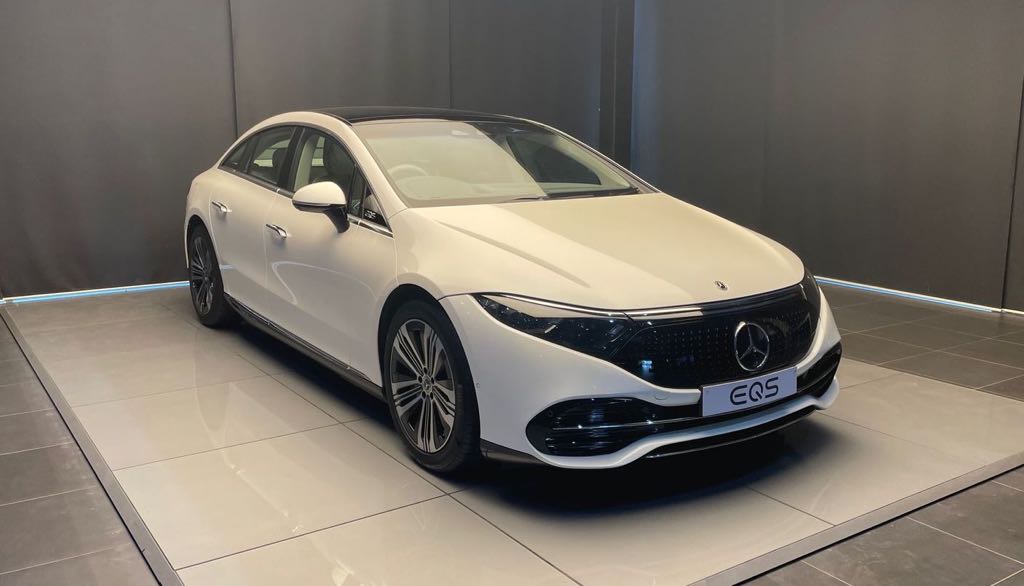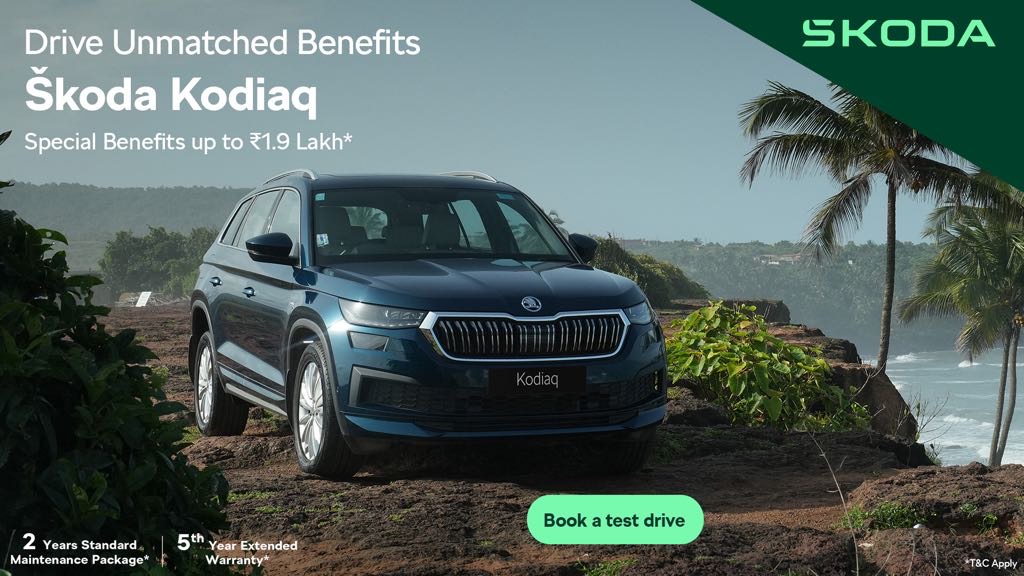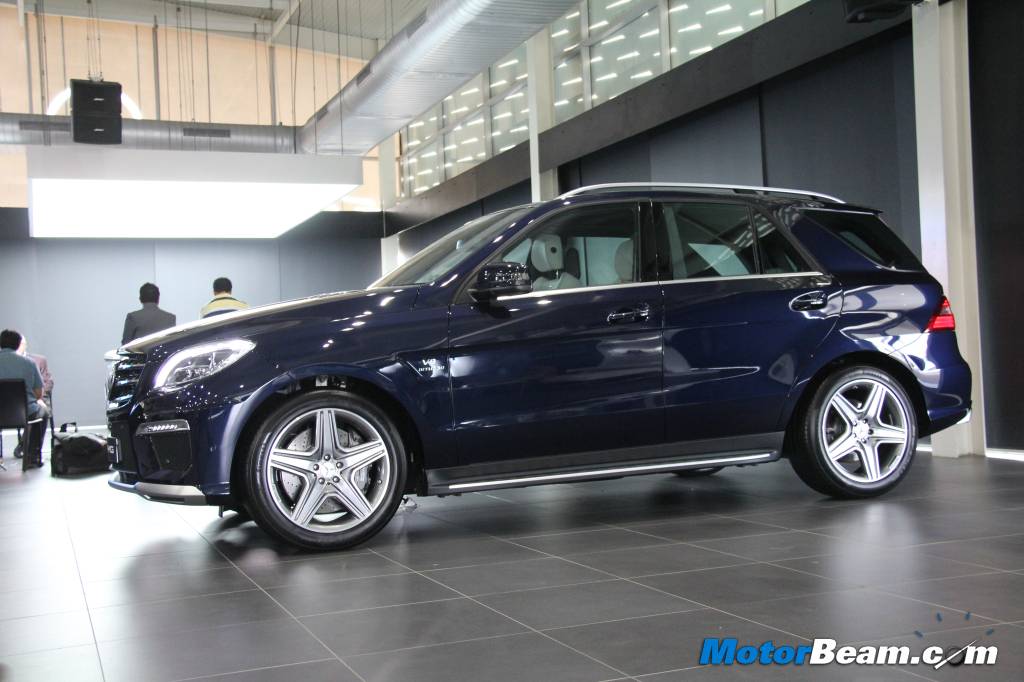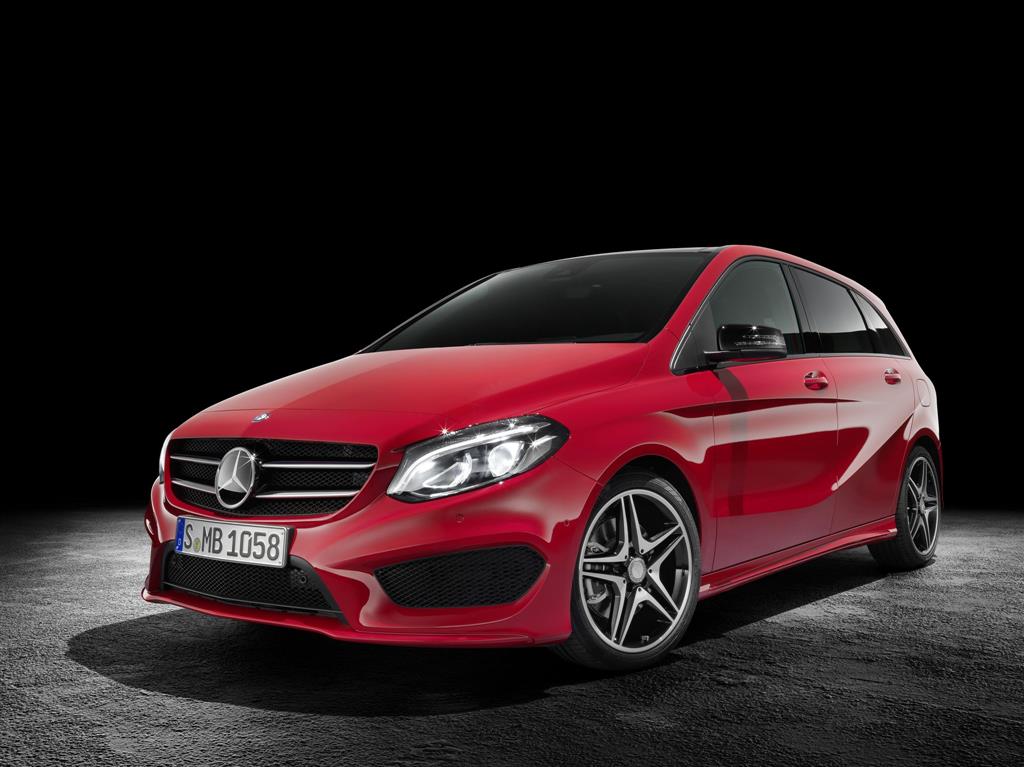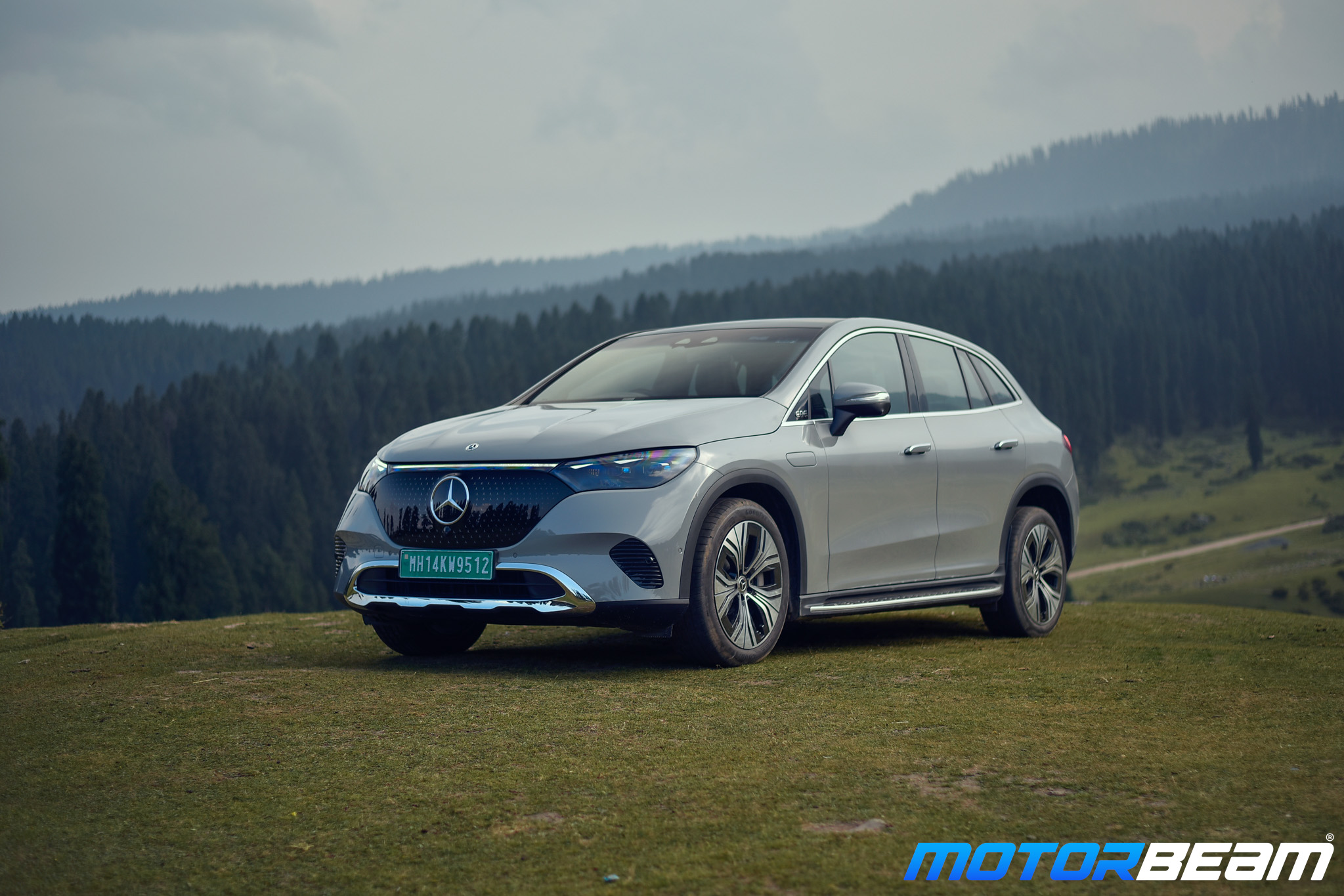
Mercedes wants the Government of India to commit to continuity in EV policies
Mercedes-Benz India is calling for the Indian government to maintain a stable policy environment supporting electric vehicles for the next eight to ten years. Santosh Iyer, the company’s Managing Director and CEO, emphasised that consistent policies are crucial for long-term planning and investment in zero-emission mobility.
Iyer highlighted the progress Mercedes-Benz India has made in increasing EV penetration. The company’s EV market share grew to 6% in the first quarter of 2024, up from 2.5%. This growth is expected to continue with the launch of three new EV models this year, starting with the EQA next week.
Iyer stressed the importance of a clear taxation roadmap for EVs. Currently, EVs benefit from a reduced GST rate of 5%, compared to the 48-50% rate applied to internal combustion engine vehicles. “We understand that the Budget may not address the GST topic, but at least if you are able to get a commitment that for the next eight to ten years, this kind of taxation benefit will continue, this will really help brands like us to plan long term and have more commitments when it comes to investments for the EVs,” he said.
The company also underscored the significance of infrastructure development. “One of the biggest drivers for our growth has been the growing road infrastructure and intercity road infrastructure that has come up in the last couple of years,” Iyer noted. He expressed hope that the upcoming Union Budget would increase capital expenditure on infrastructure, benefiting both demand and the broader economy.
Regarding the possibility of extending GST benefits to hybrid vehicles, Iyer expressed caution. He believes that such incentives could delay the transition to zero-emission mobility. “Currently we can see electric as the only option when it comes to zero emission driving. Now on that road, if we add newer technologies, it will delay the transition, for sure,” he said.
Mercedes-Benz India remains committed to its EV roadmap, viewing the transition to electric mobility as a long-term effort. “The EV transition is a marathon and not a sprint,” Iyer remarked. With three EV models already in the market and the EQA set to launch next week, the company plans to introduce two more EV models later this year.
In the first quarter of 2024, Mercedes-Benz India reported total sales of 5412 units, marking a 15% increase from the same period last year. The company is also considering the local assembly of additional EV models at its Chakan plant, based on market demand.
Overall, Mercedes-Benz India is advocating for a sustained and supportive policy framework to facilitate the country’s transition to electric mobility.
